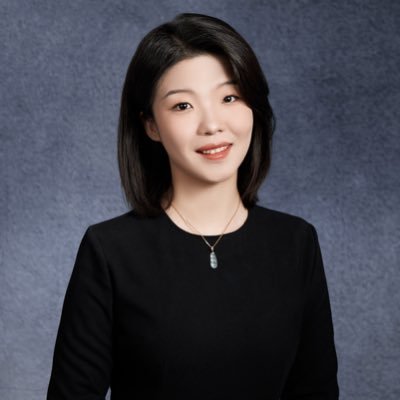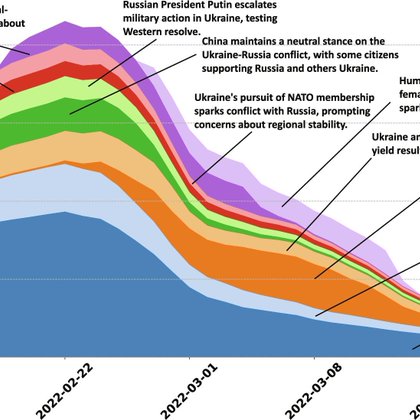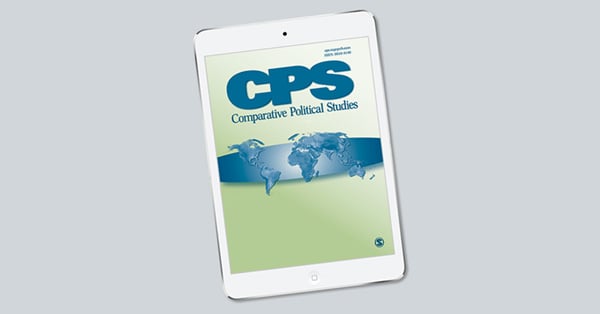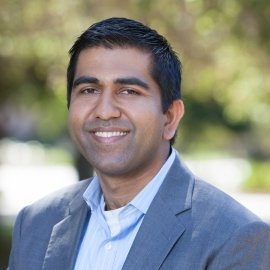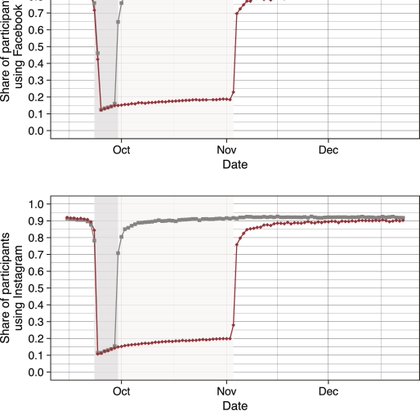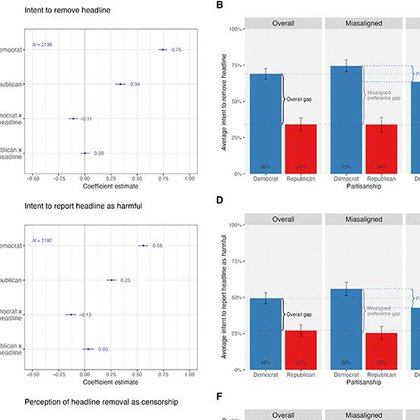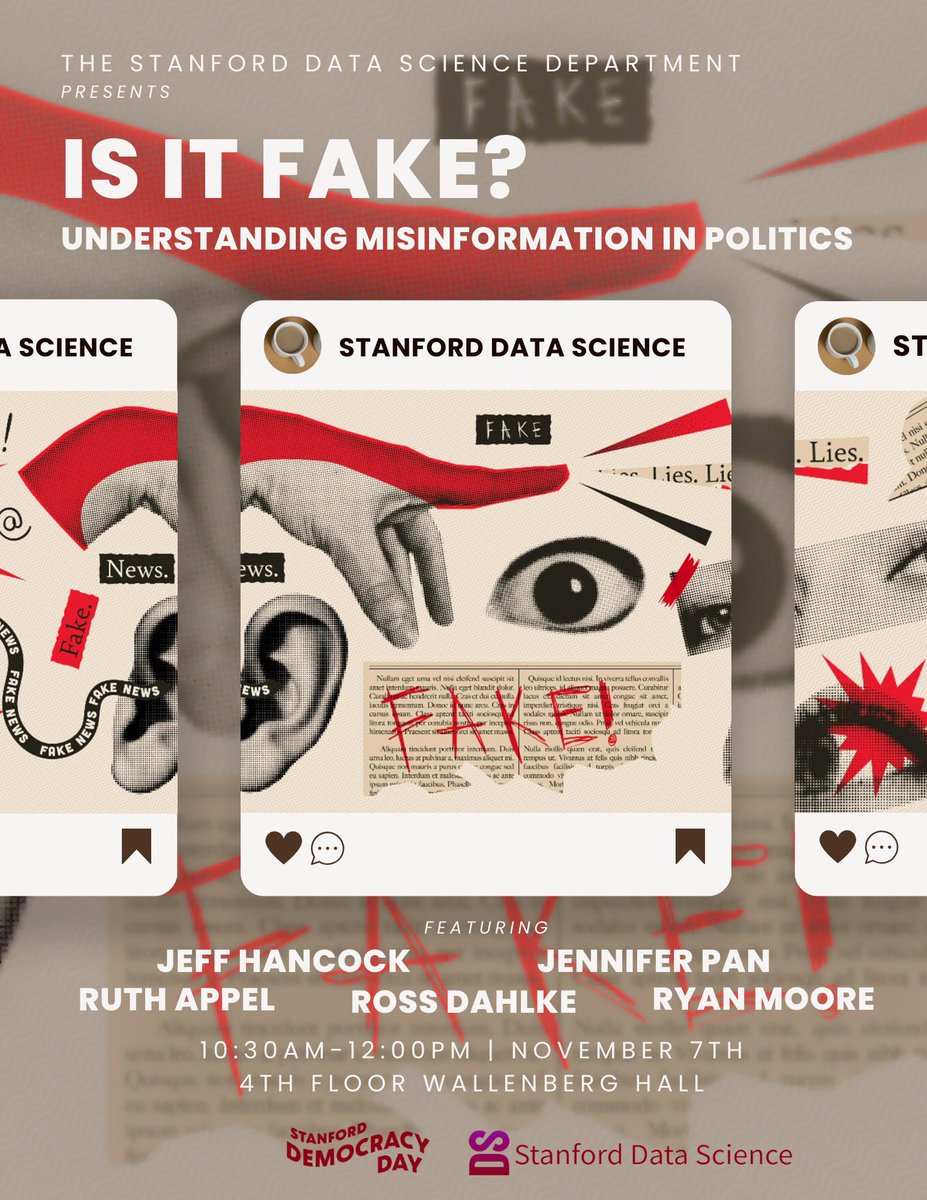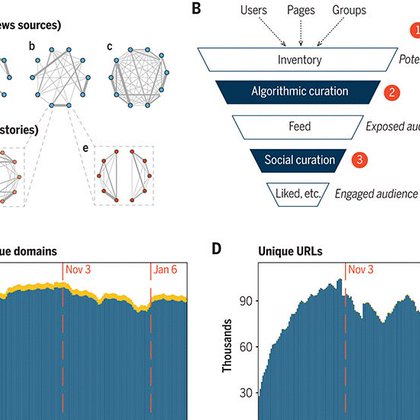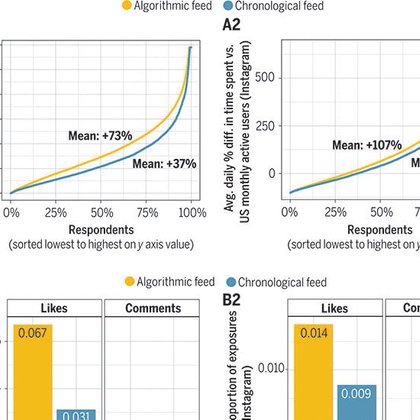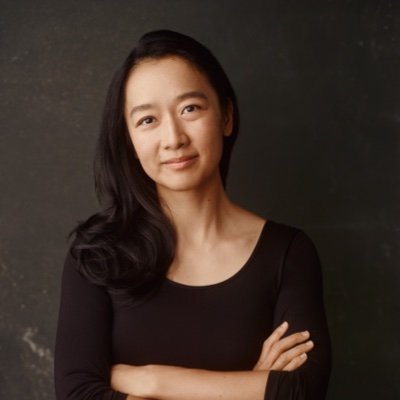
Jennifer Pan
@jenjpan
Followers
9K
Following
222
Media
21
Statuses
116
@profjenpan on 🧵🧵🧵 | Stanford Prof. | political communication | digital media | China | authoritarian politics | computational social science
Stanford, CA
Joined June 2010
Excited to share our new publication in @PNASNews! Through four analyses on 435,261 Weibo posts and 8.26 million news articles, we found that Chinese state media wasn't the main gatekeeper of information about Russia’s invasion of Ukraine for Weibo users:
pnas.org
There is a widespread perception that China’s digital censorship distances its people from the global internet, and the Chinese Communist Party, th...
Some great news to end the year!! New paper with @YingdanL_kk and @jenjpan! In it, we estimate the influence of foreign (American, Russian, and Ukrainian) and domestic Chinese media on conversations on Weibo about the Russo-Ukrainian War.
5
15
95
Happy to see “Gender and Political Compliance under Authoritarian Rule” (w/ @jenjpan, @yingjie_fan) out @cps_journal! When autocrats do not impose explicit rules of behavior, what does political compliance look like? https://t.co/bu9d5CzaFq
journals.sagepub.com
When autocrats do not impose explicit rules of behavior on their subjects, what does political compliance look like? Existing research suggests that such condit...
1
8
34
(1) The Chinese internet has been vibrant for 30 years, but will it remain that way? In new issue of @CommPublicSAGE, @jenjpan and I explore “disengagement”: that surveillance, censorship, and disenchantment might lead Chinese citizens to disappear from the web (link at end).1/6
1
7
23
✨ new from me & @jenjpan in @PNASNews. We find that "January 6 arrests and media coverage do not remobilize conservatives on social media," suggesting we need more work to understand under what circumstances social media can _sustain_ movements https://t.co/a8KaRXa3cn
2
21
81
The largest social media deactivation RCT was just published in PNAS:
pnas.org
We study the effect of Facebook and Instagram access on political beliefs, attitudes, and behavior by randomizing a subset of 19,857 Facebook users...
2
47
181
What appears to have changed was the production processes of outlets with expulsions--more articles were written collaboratively (increase in bylines and contribution credits). Paper at: https://t.co/nyoq74MLpd. Replication https://t.co/5nU9NjoALE. 3/3
1
0
2
Share of stories about China did not change, nor did audience engagement with stories; sentiment of stories did not become more positive or negative; outlets did not become more likely to write stories because of actions or pronouncements by the Chinese government. 2/3
2
1
4
New pub w/ @debutts in @Journal_Of_Comm "Reporting after Removal: Effects of Journalist Expulsion on Foreign News Coverage". What happened to coverage of China after a large portion of the reporting corps of @nytimes, @washingtonpost, @WSJ were expelled from China in 2020? 1/3
1
15
66
I'm excited to share a new paper with @jenjpan and @mollyeroberts published in Science Advances: “Partisan conflict over content moderation is more than disagreement about facts”: https://t.co/1hzLQ58lw5 (open access) 1/9
science.org
Partisan conflict over content moderation is not only due to disagreement about facts, but also to divergence in preferences.
4
17
54
Excited to be presenting my research on misinformation exposure and effects for Democracy Day at Stanford with @jeffhancock @jenjpan @rutheappel @RyanMooreComm w/ @StanfordData. If you’re on campus, come by tomorrow (no classes for Democracy Day, so no excuse 😉)
1
4
16
More papers coming from: @HuntAllcott @DrewDim @dfreelon @cvelascorivera @RebekahKTromble Taylor Brown, Adriana Crespo-Tenorio, Matthew Gentzkow, Edward Kennedy, Young Mie Kim, Devra Moehler, Daniel Thomas, Arjun Wilkins, Beixian Xiong
0
0
7
Like-minded sources on Facebook are prevalent but not polarizing https://t.co/x824Nn2bGw by @BrendanNyhan Jamie Settle @emilythorson @mwojcieszak
1
3
5
2 more papers that are part of this effort also out today: Asymmetric Ideological Segregation in Exposure to Political News by @sgonzalezbailon @davidlazer
science.org
Does Facebook enable ideological segregation in political news consumption? We analyzed exposure to news during the US 2020 election using aggregated data for 208 million US Facebook users. We...
1
1
8
Replication data at https://t.co/QygXxQk1Md. Leadership by @TaliaStroud, @j_a_tucker, @chadkdj, @AnnieFranco, @winteram + the effort of many others enabled this work
socialmediaarchive.org
SOMAR will get social media data into researchers' hands without compromising confidentiality.
1
1
9
In the 2nd paper, we removed reshared content from Facebook feeds. This decreased political news participants saw in feeds, reduced their clicks on partisan news sources & reduced news knowledge but didn’t affect polarization or other attitudes. https://t.co/F2RUz4U7pT
1
3
14
Contrary to common belief, chronological feed did not significantly alter polarization, politics knowledge, or other survey-based outcomes, even though chronological feed led users to spend much less time on FB and Insta + changed what content they saw.
2
9
34
In the first paper, we switched Facebook & Insta to chronological feed and looked at effects on political polarization, attitudes, and behaviors:
science.org
We investigated the effects of Facebook’s and Instagram’s feed algorithms during the 2020 US election. We assigned a sample of consenting users to reverse-chronologically-ordered feeds instead of the...
1
6
17
Today, 2 papers I coauthored w/ @andyguess @namalhotra @p_barbera are out in Science. These papers, about the role of social media in American democracy, are based on pre-registered experiments with consenting participants conducted w/ @Meta #SocialMediaAndElections
4
48
239

